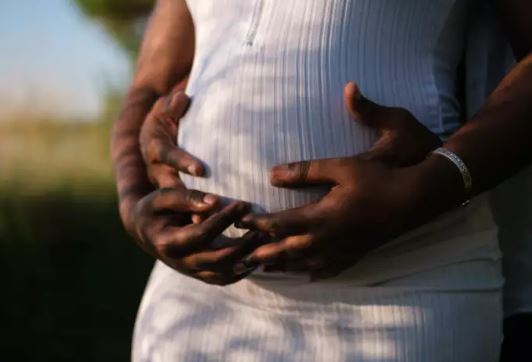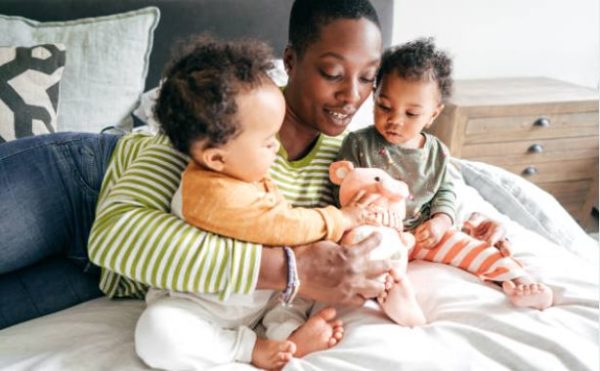Lifestyle
6 signs you might be pregnant with twins

When people are carrying multiples, they experience a wide range of pregnancy symptoms, just like those with singleton pregnancies do.
That said, certain physical signs might clue you in to how many babies you’re expecting.
Check out these early twin pregnancy symptoms that could hint at multiple babies-to-be.
Possible signs of twins
Early on in your pregnancy, there may not be obvious signs of twins. However, some people may experience signs they are pregnant with twins that include early and severe morning sickness and showing early. Some people also have an intuition that they are having twins or have a family history of twins so they may suspect twins are possible. Here are six more signs of twins you may experience.
1. Elevated hCG levels
Higher-than-normal levels of hCG may indicate that you’re pregnant with multiples, but you’ll need to wait until your ultrasound to be 100% certain. When you become pregnant, your body starts making human chorionic gonadotropin hormone (hCG). Levels surge in the first few weeks of pregnancy.
While home pregnancy tests detect hCG in urine to confirm pregnancy, they cannot tell you how much hCG your body is producing. Only an hCG blood test like the one done at your doctor’s office can provide a look at the levels of hCG in your body at a given point in time.
2. Exaggerated pregnancy symptoms
Since many pregnancy symptoms are caused by hormonal changes, it makes sense that people expecting twins (who often have more substantial hormonal changes than people expecting just one baby) can experience more severe symptoms.
“When a person is pregnant with twins, they’re at a higher risk for many things happening, over [someone one who is pregnant with] singletons,” says Christine Greves, M.D., an OB-GYN at Winnie Palmer Hospital for Women & Babies in Orlando, Florida. Common early pregnancy symptoms include fatigue, frequent urination, breast tenderness, and food cravings.
3. Intense nausea and vomiting
Due to elevated levels of hCG, people carrying multiples may experience more nausea and vomiting than those carrying only one baby, explains Dr. Greves. Hyperemesis gravidarum, a condition that’s often compared to morning sickness (but is infinitely more severe), is also more likely with a multiple pregnancy. It causes nausea and vomiting so severe that a person may need intravenous (IV) fluids and other assistance, Dr. Greves says.
4. A bigger, earlier bump
Dr. Grünebaum says that speedy weight gain isn’t a definitive indicator of twin pregnancy because height, pre-pregnant weight, diet, and body type also come into play. However, many who have carried multiples say their quickly growing bellies tipped them off.
5. One or more twin risk factors
Certain people have a greater chance of getting pregnant with twins than others. Some factors that can raise your odds include:
- Family history of fraternal twins
- Advanced maternal age (over 35 years old)
- BMI over 30
- Using ovulation induction medications like clomiphene or letrozole, which are associated with a 10% risk of multiple gestation
- Above-average maternal height
- History of previous pregnancies
6. Intuition
Just as some people have a hunch they’re pregnant, others might instinctively guess they’re expecting twins. You can’t deny your instincts!
The bottom line on twin pregnancy symptoms
It can be fun to guess whether you’re carrying multiples. But no matter how many twin pregnancy symptoms you’re experiencing, you really need an ultrasound to determine how many babies you’re carrying.
“You can guess as much as you want, but until you have the ultrasound examination, it’s all just speculation,” affirms Dr. Grünebaum. Luckily, most parents don’t have to wait long to know for sure. “Today, twins can usually be diagnosed as early as six to seven weeks into the pregnancy,” he says.










